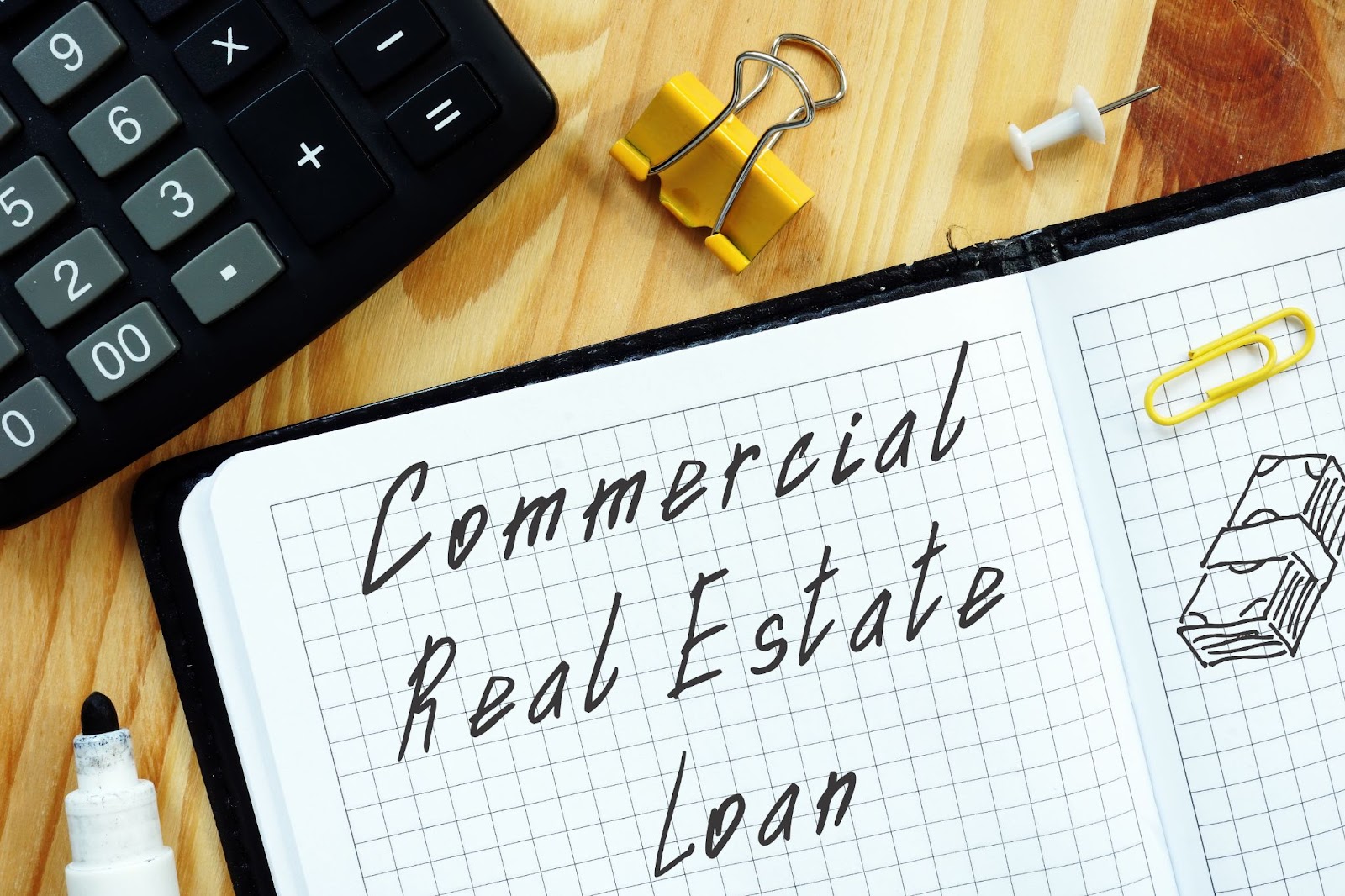Commercial real estate loans are an essential part of financing for businesses looking to purchase, refinance, or develop properties. Whether you’re buying an office building, retail space, or an industrial property, securing the right loan can significantly impact your investment’s success.
In this guide, we’ll explore everything from what a commercial real estate loan is, how it works, and the different types of financing available. We’ll also look at the interest rates involved, how they compare to residential loans, and where you can obtain financing.
What is a commercial real estate loan?
A commercial real estate loan is a type of financing used to purchase, refinance, or develop property that generates income or is intended for business use. These loans are often larger and have different qualifications compared to residential loans, making them more complex.
These loans are secured by the property itself, and terms typically range from five to 30 years. Lenders assess both the property’s income potential and the borrower’s financial situation before approving a loan.
How do commercial real estate loans work?
Commercial real estate loans work similarly to other types of loans but with specific criteria that cater to business-related properties. Here’s how they typically function:
- Collateral-based: The property being purchased or developed acts as collateral for the loan.
- Income verification: Lenders evaluate the projected income from the property to ensure it can cover loan payments.
- Credit evaluation: Borrowers need to demonstrate strong business credit and sometimes personal credit, depending on the loan.
- Down payment requirements: Commercial loans often require larger down payments, ranging from 10% to 30% of the property’s value.
These loans generally come with different structures like fixed or variable interest rates, depending on the type of loan and lender preferences.
Types of Commercial Real Estate Loans
There are several types of commercial real estate financing options available, each suited to different business needs.
Permanent loan
A permanent loan is a long-term commercial real estate loan that typically has a fixed interest rate and a term ranging from 10 to 30 years.
Small Business Administration (SBA) loan
SBA loans are government-backed loans that help small businesses acquire property with lower down payments and longer repayment terms.
Hard money loan
A hard money loan is short-term financing provided by private lenders, typically at higher interest rates, and is often used for property rehabilitation or quick purchases.
Bridge loan
A bridge loan is a temporary financing option used until more permanent financing can be arranged. It’s often used when quick capital is needed to purchase or refinance a property.

Commercial Real Estate Loan Rates
Commercial real estate interest rates vary depending on the type of loan, the lender, and the borrower’s financial profile. Generally, interest rates for commercial real estate loans are higher than residential loans due to the perceived risk and the size of the loan. These rates can range from 3% to 12%, depending on factors such as creditworthiness, the loan term, and the property’s location.
Commercial Real Estate Loans vs. Residential Loans
Commercial financing for real estate differs from residential loans in several key areas:
Credit
Lenders often place greater emphasis on business credit when approving commercial real estate loans, whereas residential loans focus more on personal credit.
Loan-to-value (LTV) ratio
Commercial loans generally have lower LTV ratios, requiring higher down payments, typically around 65%-85%, compared to residential loans.
Debt service coverage ratio
Commercial lenders use the debt service coverage ratio (DSCR) to determine the property’s ability to cover the loan payments. A DSCR of 1.25 or higher is typically required.
Personal guarantee
Many commercial loans require the business owner to provide a personal guarantee, which means the owner is personally liable if the business defaults on the loan.
Where To Get Commercial Real Estate Loan
Several commercial real estate financing options are available for businesses seeking commercial real estate loans:
Banks & credit unions
Traditional banks and credit unions offer a range of commercial real estate loans with competitive interest rates for qualified borrowers.
SBA lenders
The SBA provides various loan programs, such as SBA 504 and SBA 7(a) loans, to help businesses acquire or develop property.
Online lenders
Online lenders offer convenience and often quicker approval times for commercial real estate financing, though interest rates may be higher.
Community development financial institutions
These institutions provide financing options for businesses in underserved communities, often with favorable terms for property development.

How do I qualify for commercial real estate financing?
To qualify for a commercial real estate loan, you typically need strong business credit, a solid financial history, and sufficient income generated by the property. Lenders also look at factors such as the loan-to-value (LTV) ratio, debt service coverage ratio (DSCR), and sometimes require a personal guarantee.
How to Get a Commercial Real Estate Loan
Securing a commercial real estate loan involves several steps:
Assess the commercial property’s financials carefully
Before applying, review the financial performance of the property, including rental income and expenses, to ensure it meets lender requirements.
Determine the type of commercial loan you need and shop around
Based on your business needs, select the appropriate loan type and compare lenders for the best rates and terms.
Complete a commercial real estate loan application
Submit all necessary documentation, including financial statements, tax returns, and property information, to your lender.
Await the loan processing and underwriting
Lenders will assess the application, which includes evaluating the property and the borrower’s financials, and conducting an appraisal.
Close the loan
Once approved, you’ll go through a closing process to finalize the loan terms and transfer funds.
Are commercial real estate loans impacted by rising rates and inflation?
Yes, commercial real estate loans are highly sensitive to rising interest rates and inflation. As rates increase, borrowing costs go up, which can impact a business’s ability to purchase or refinance properties. Inflation can also affect the property’s operating expenses, potentially lowering its profitability.
How long is a commercial real estate loan?
Commercial real estate loans typically have terms ranging from five to 30 years. Shorter terms often have balloon payments at the end, while longer terms may offer fixed monthly payments over the life of the loan.
Need Help Looking For The Perfect Commercial Property For Your Business?
Commercial real estate loans are essential for businesses looking to acquire, develop, or refinance properties. With various loan types, competitive interest rates, and flexible financing options, securing the right loan can help you make a smart investment for your business. Whether you’re looking for a long-term permanent loan or short-term bridge financing, understanding how these loans work is key to finding the best solution for your needs.
If you’re looking for expert guidance in navigating the complexities of commercial real estate financing, Apex Realtors is here to help. As a leading commercial real estate agency in Houston, TX, Apex Realtors has a proven track record of helping businesses find the perfect property. Our team of professionals can assist you with everything from property selection to securing financing. Contact us today.

